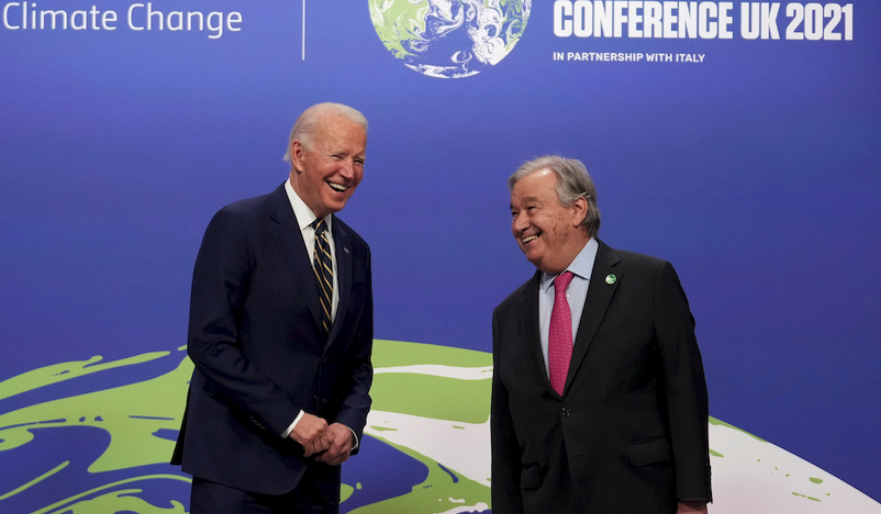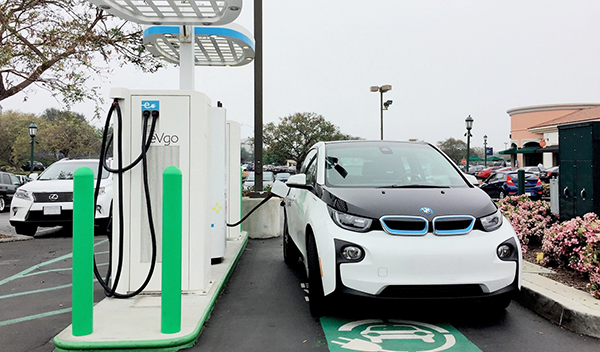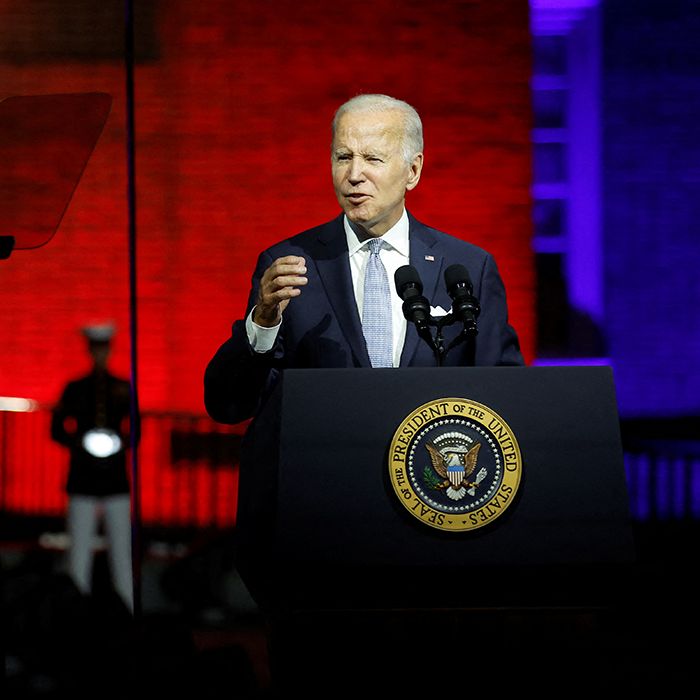Welcome to Our Research Archive
Search and filter by content type, issue area, author, and keyword

March 14, 2023
No One Is in Control
In 1878, a wave of yellow fever swept through the American South and spread out through the Mississippi River Valley. Along with cholera, “yellow jack,” as it was known—after the yellow quarantine flags displayed on ships afflicted by the contagion—had long been a scourge of the American South. As far back as the 1790s, Congress…

March 6, 2023
Biden’s Interior Department Keeps Dragging Its Feet on Offshore Leasing
Notwithstanding some recent declines, domestic crude oil prices in the U.S. are about 45% higher than when President Biden was inaugurated. Global crude oil prices are about 48% higher. U.S. gasoline prices are about a dollar higher per gallon. Indeed, between the inauguration and June 2022, gasoline prices more than doubled. These prices began to increase almost monotonically long before the…

March 3, 2023
Letter: Schumer’s “Free-Market” Defense of ESG Falls Flat
Note: This letter to the editor appeared in the Wall Street Journal on March 2, 2023, in response to the Journal’s March 1, 2023, op-ed titled “Republicans Ought to Be All for ESG.” Sen. Chuck Schumer argues in favor of a regulation explicitly allowing retirement-fund managers to include environmental, social and governance objectives as investment criteria,…

January 25, 2023
Don’t Foul Up the Federal Supply Chain with Global Warming Nonsense
For the Biden administration, climate is everything, and everything is climate. The latest example of this single-minded obsession is a proposed amendment to the Federal Acquisition Regulation that would require “certain Federal contractors disclose their greenhouse gas emissions and climate-related financial risk and set science-based targets to reduce their greenhouse gas emissions.” The proposed regulation cites four executive orders…

January 19, 2023
Letter: Cows Are Not Going to Solve Global Warming
Note: This letter to the editor appeared in the Wall Street Journal on January 19, 2023 in response to the Journal’s January 17, 2023 op-ed titled “There’s a Climate Solution in Dairy Cows’ Stomachs.” In “There’s a Climate Solution in Dairy Cows’ Stomachs” (op-ed, Jan. 17), Fred Krupp and Antoine de Saint-Affrique manage to get everything wrong. Agriculture contributes about a…

December 12, 2022
This Winter We Will See the Dangerous Results of Climate Alarmism
Despite alarmist media claims, there is no evidence that a climate “crisis” looms in our future, let alone imminent danger of a climate catastrophe. Nevertheless, we are now witnessing decisions by the Biden administration and other countries that could endanger lives around the world this winter. In an effort to reduce GHG emissions, the administration…

November 21, 2022
Proposals for a Windfall Profits Tax Are Damaging Even if Never Enacted
In the wake of the midterm election results, President Biden has made it clear that “I’m not going to change,” in particular with respect to his view that “the oil companies are really doing the nation a real disservice.” Accordingly, it is easy to predict a continuation of the incoherence of the Biden stance toward conventional energy: a policy environment reducing…

October 28, 2022
California’s EV Mandate Will Harm Every State
California has established a requirement that 17% of a given manufacturer’s new vehicle sales in the state be “zero-emissions vehicles” by model year 2023, increasing to 35% in 2026 and then in steps to 100 percent by 2035. The ostensible purpose is a decrease in vehicle carbon dioxide emissions, but with the technology currently available…

October 24, 2022
Saving Liberalism from Itself
The Crisis of Liberalism Liberalism is in crisis. Its defenders, who see liberalism as a bulwark against tyranny, fear that illiberalism now threatens to overwhelm liberal democracy. Its critics, who say liberalism is a failure that erodes community and tradition, welcome a “post-liberal” order. Today’s liberalism debate gives the false impression that this crisis is…

October 7, 2022
Joe Biden’s Ad Hoc Use of the Strategic Petroleum Reserve
Notwithstanding vociferous criticism of the politicized use of the Strategic Petroleum Reserve by the Biden administration, such drawdowns have been employed for decades by Democratic and Republican administrations alike as an ad hoc and futile response to short-run increases in fuel prices. Unlike the case for all previous administrations, which viewed the domestic production of fossil fuels as a positive or at least necessary objective, the major difference introduced…